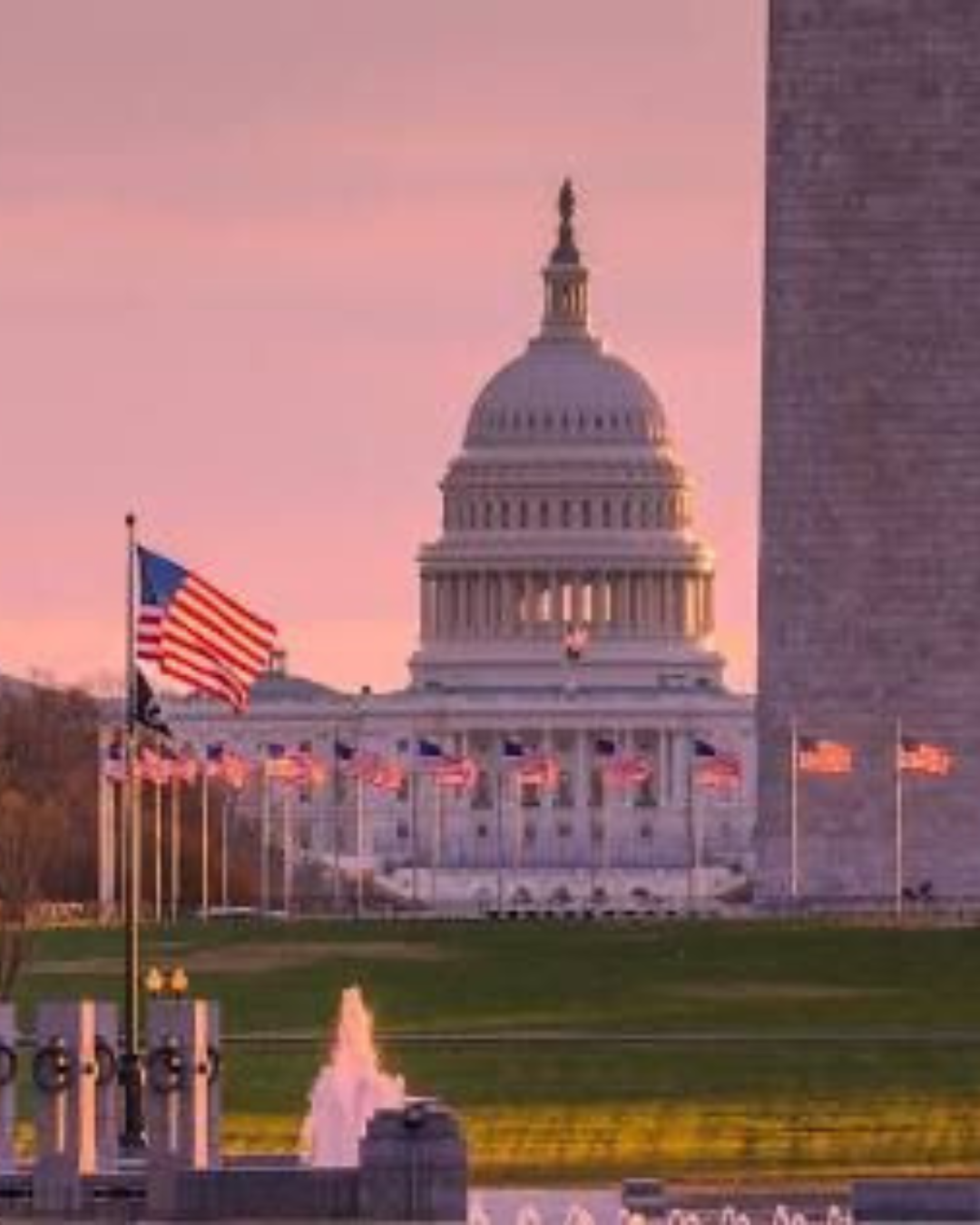JOHANNESBURG — A South African court has ruled that an anti-migrant organization must immediately cease its campaign to prevent foreign nationals from accessing public healthcare facilities and schools, marking a significant legal setback for the controversial group.
The Johannesburg High Court issued an order Tuesday against Operation Dudula, which has spent recent months staging protests outside hospitals and clinics across Gauteng and KwaZulu-Natal provinces. Group members have been checking identification cards at facility entrances and turning away anyone unable to prove South African citizenship. The blockades recently expanded to include schools.
Judge Leicester Adams ruled that the organization must stop “intimidating, harassing [or] interfering with access” to these public services. The court order also prohibits Operation Dudula from making statements that could constitute hate speech, forcibly evicting foreign nationals from their homes or business stalls, or encouraging others to do so.
The ruling comes as South Africa grapples with longstanding xenophobic tensions that have periodically erupted into deadly violence. Anti-immigrant sentiment has increasingly become a focal point in the nation’s political discourse, despite migrants comprising a relatively small portion of the population.
Migration in South Africa
According to official statistics, approximately 2.4 million migrants live in South Africa—just under 4% of the country’s total population. The majority arrive from neighboring nations including Lesotho, Zimbabwe, and Mozambique, continuing a historical pattern of migrant labor moving to Africa’s most industrialized economy.
The name “Operation Dudula” derives from a Zulu word meaning to remove something by force, reflecting the group’s stated mission to drive undocumented immigrants from South Africa.
Group Vows to Appeal
Operation Dudula has expressed disappointment with the court’s decision and announced plans to appeal, according to South African news outlet News24. The organization maintains its activities are justified, though legal experts note that denying access to public services based on immigration status violates South African law.
The ruling represents a test case for how South African courts will balance freedom of expression and assembly against the rights of foreign nationals to access basic services. Human rights advocates have welcomed the decision, arguing that healthcare and education are fundamental rights that should not be contingent on citizenship status.
As South Africa heads toward future elections with immigration remaining a politically charged issue, Tuesday’s judgment sets a clear legal precedent against vigilante-style enforcement of immigration policies.











